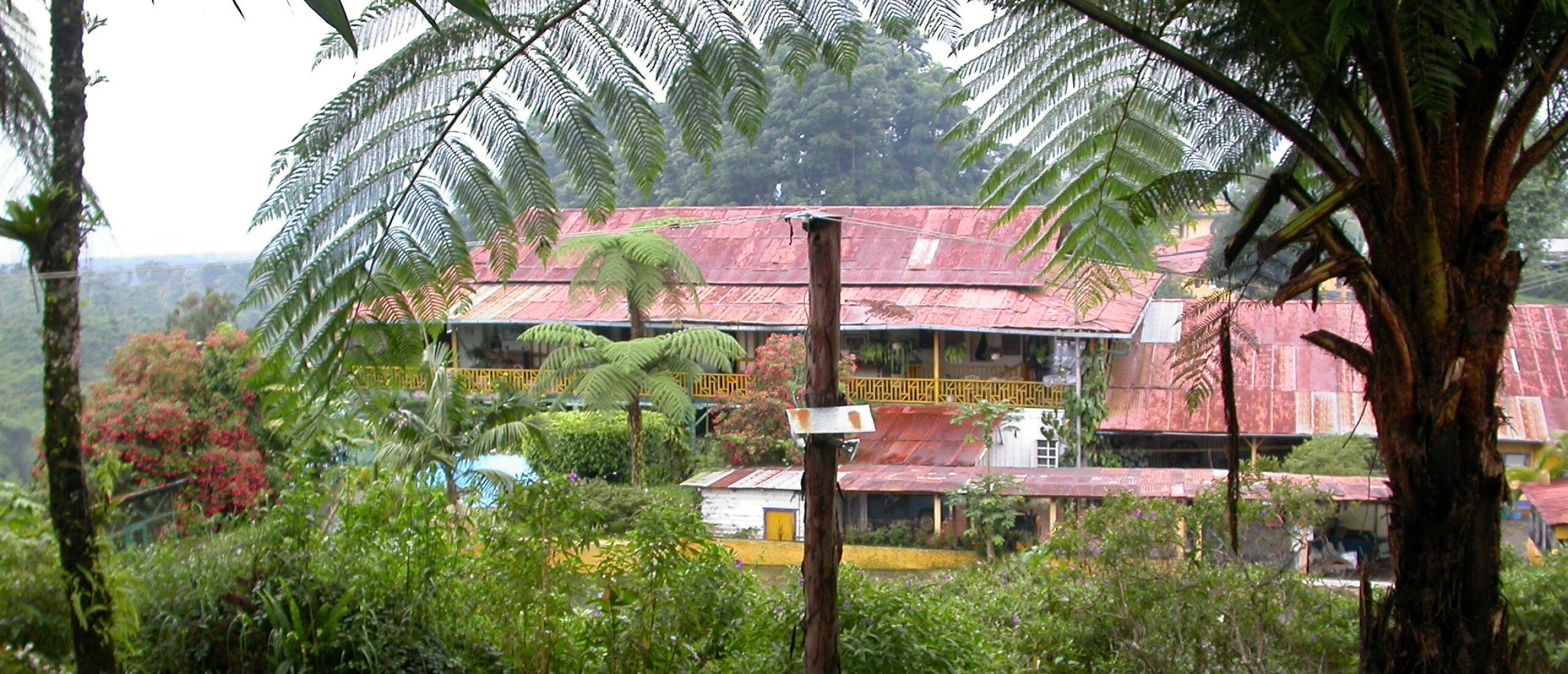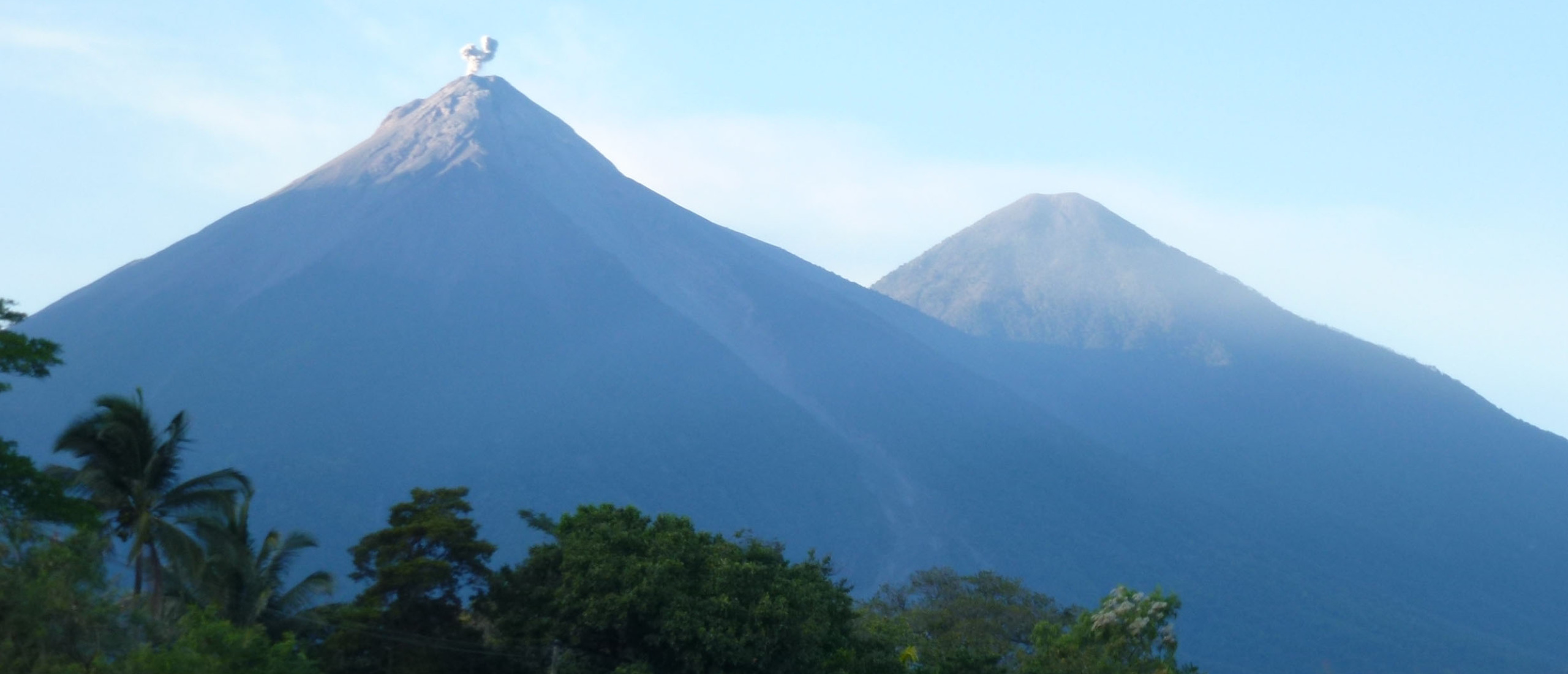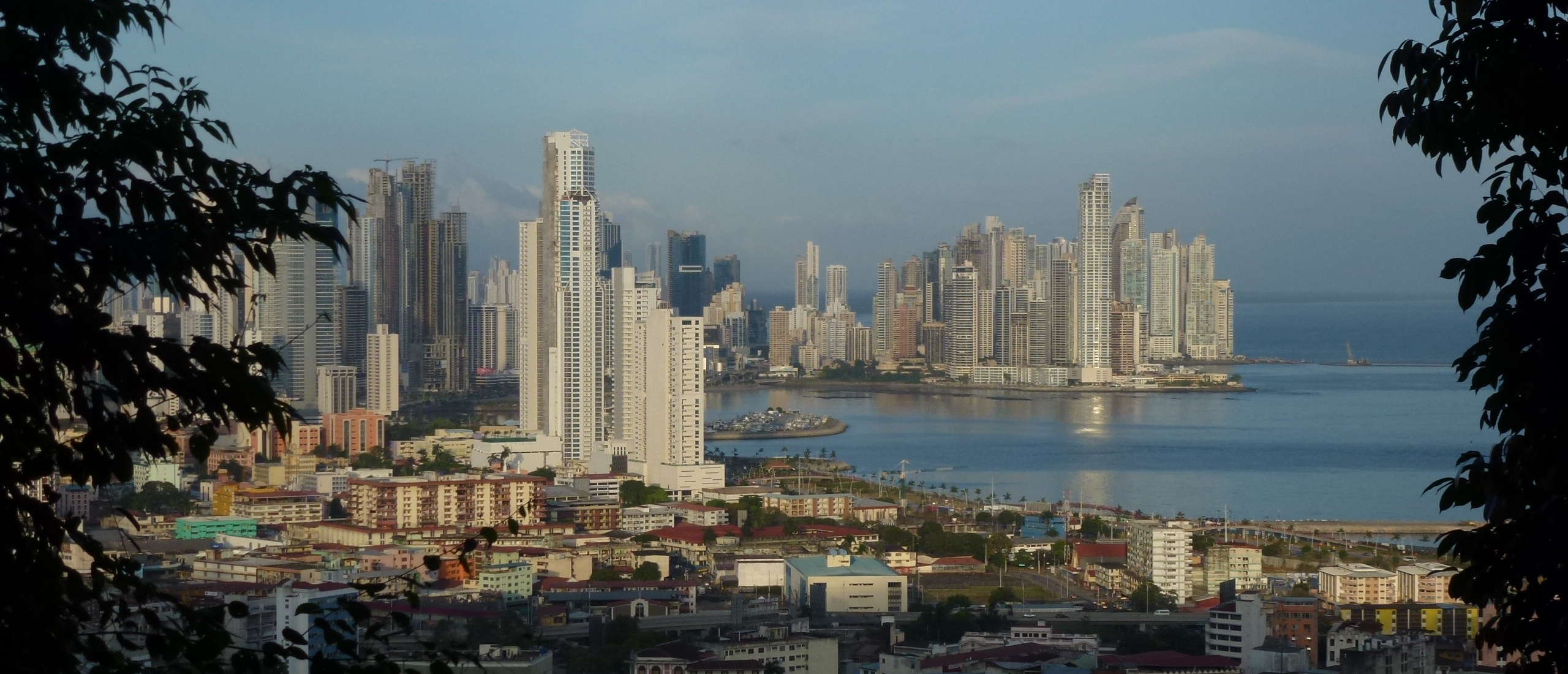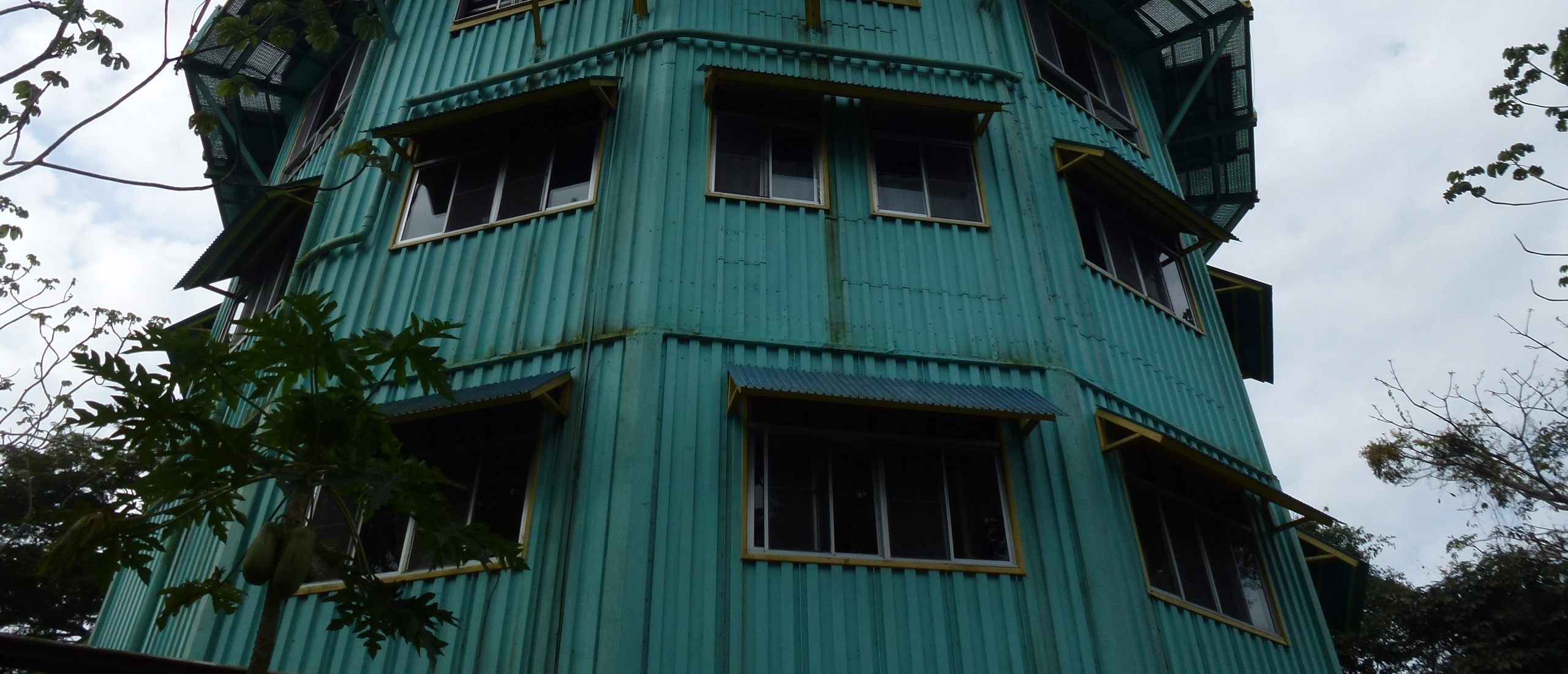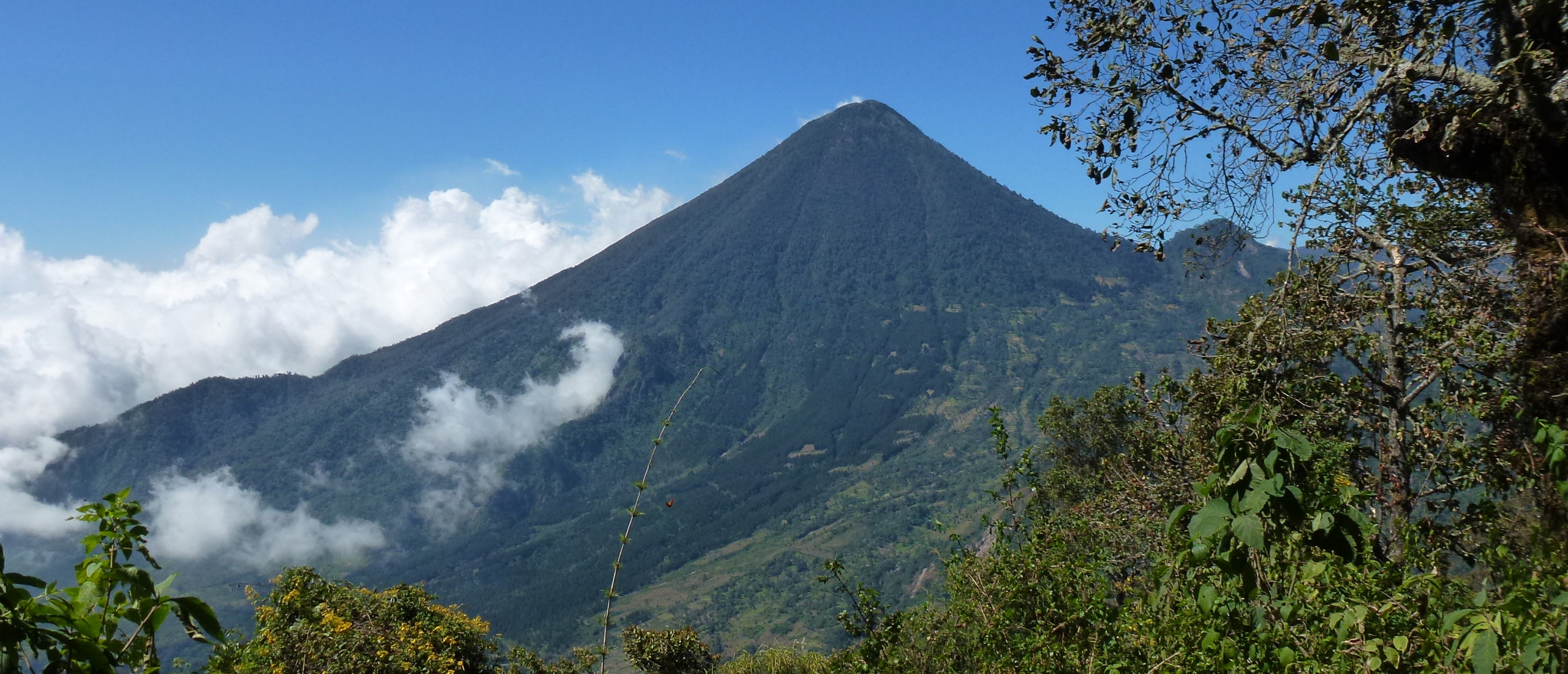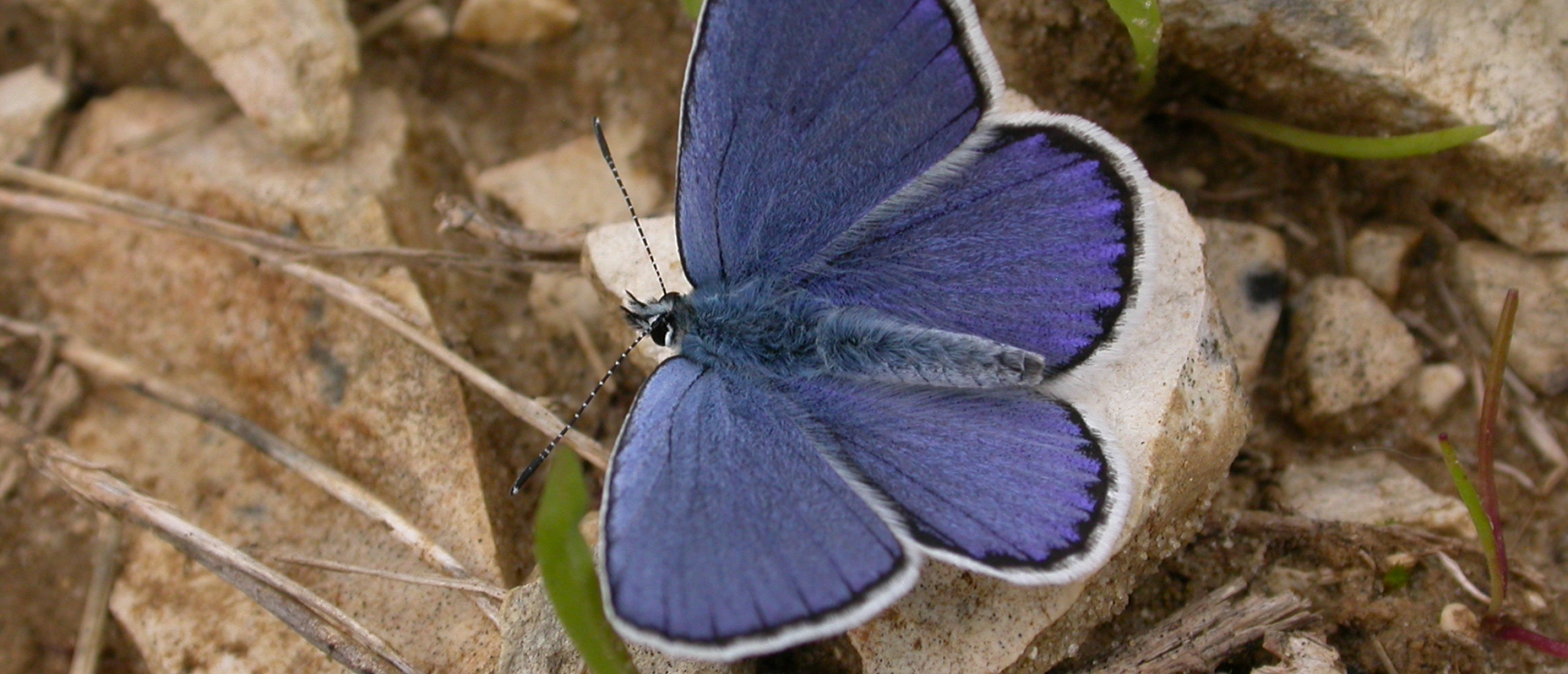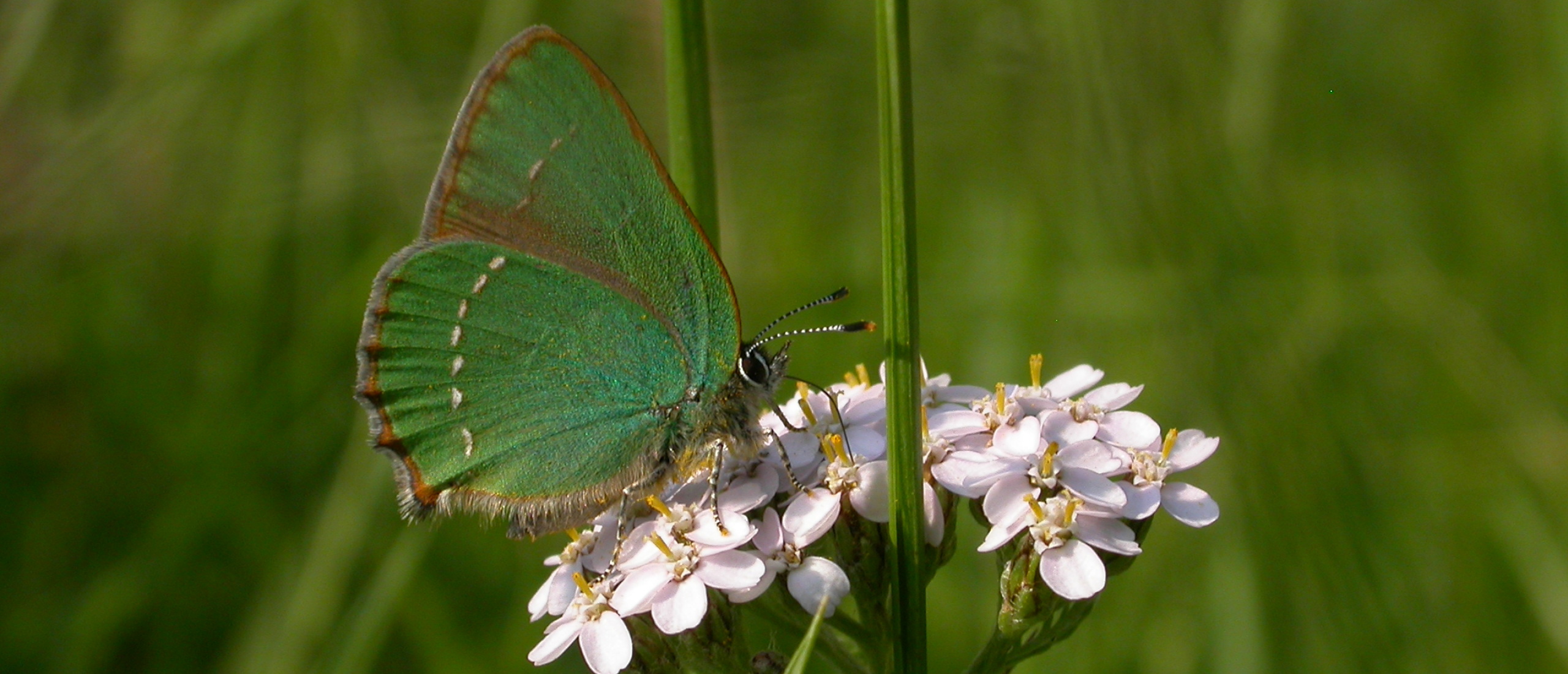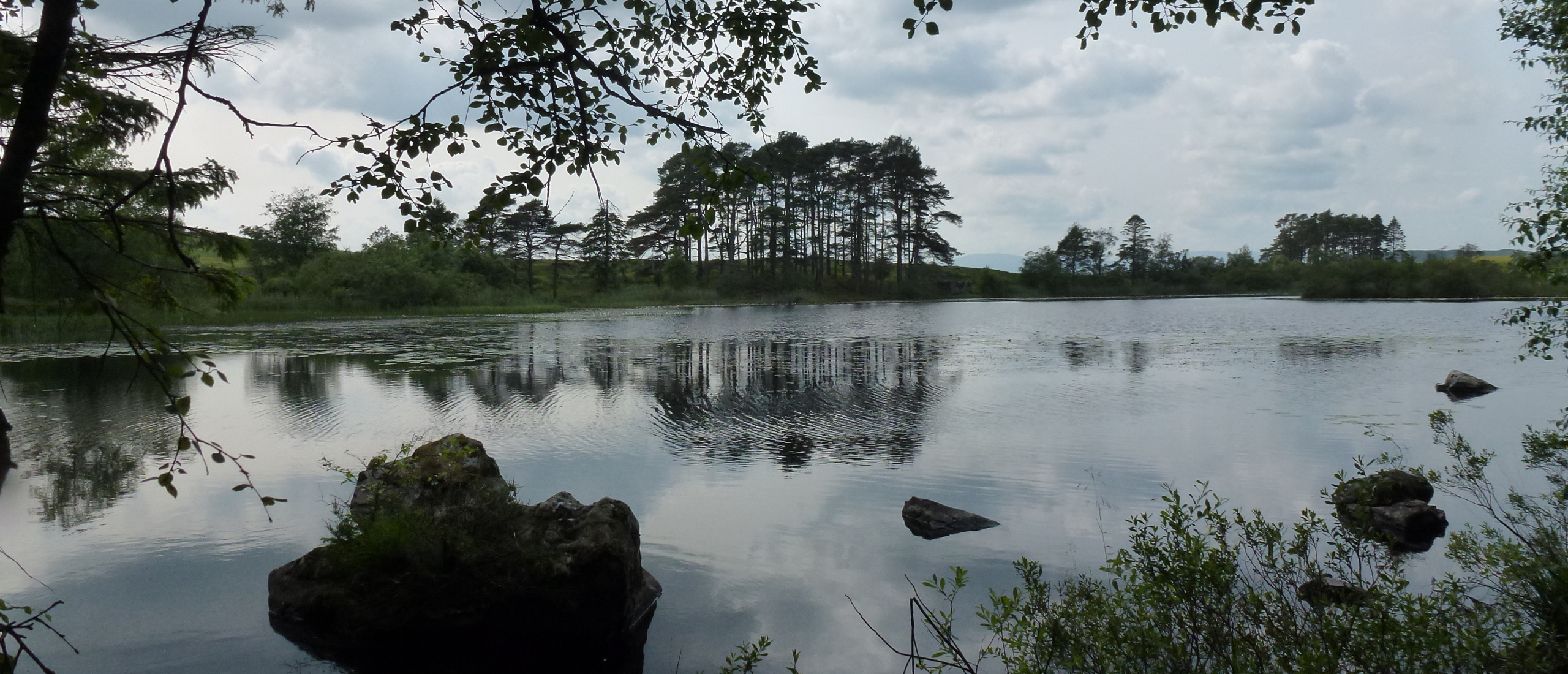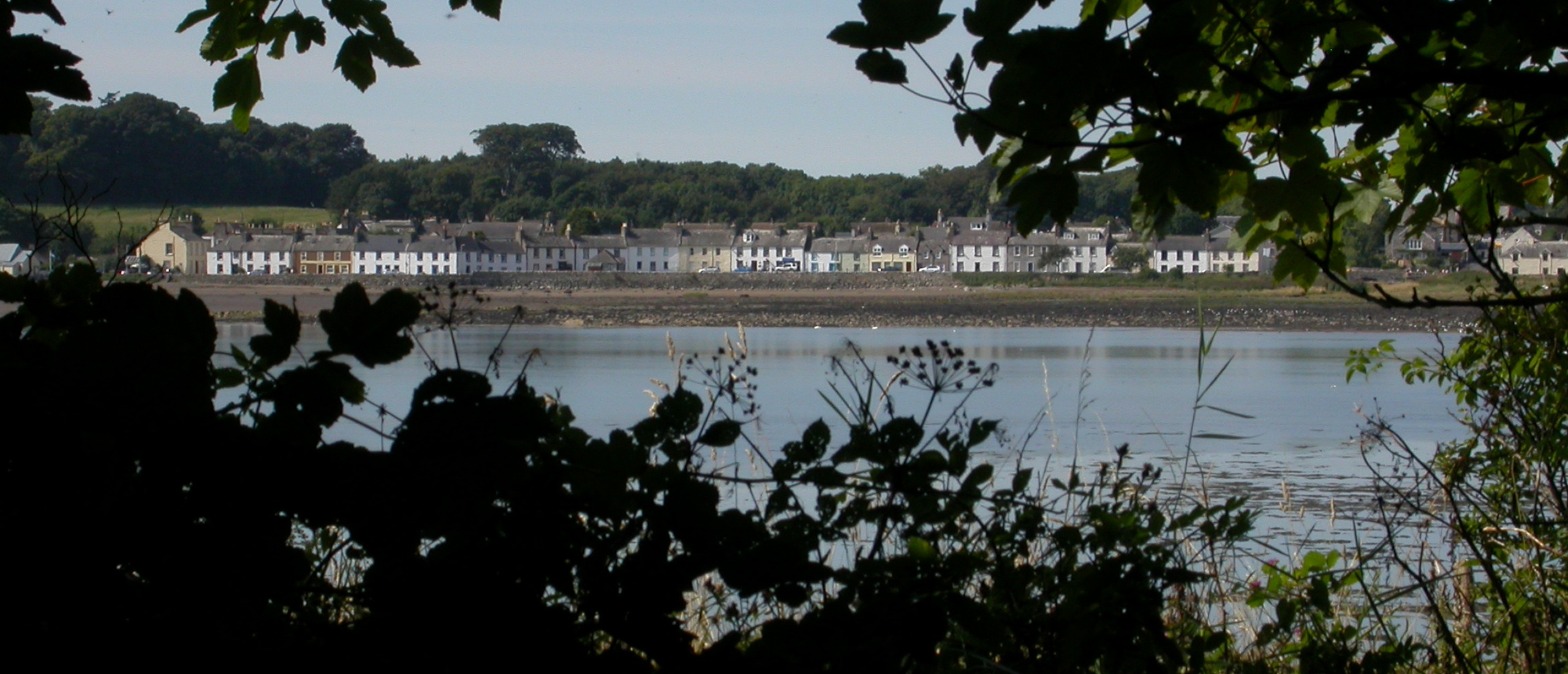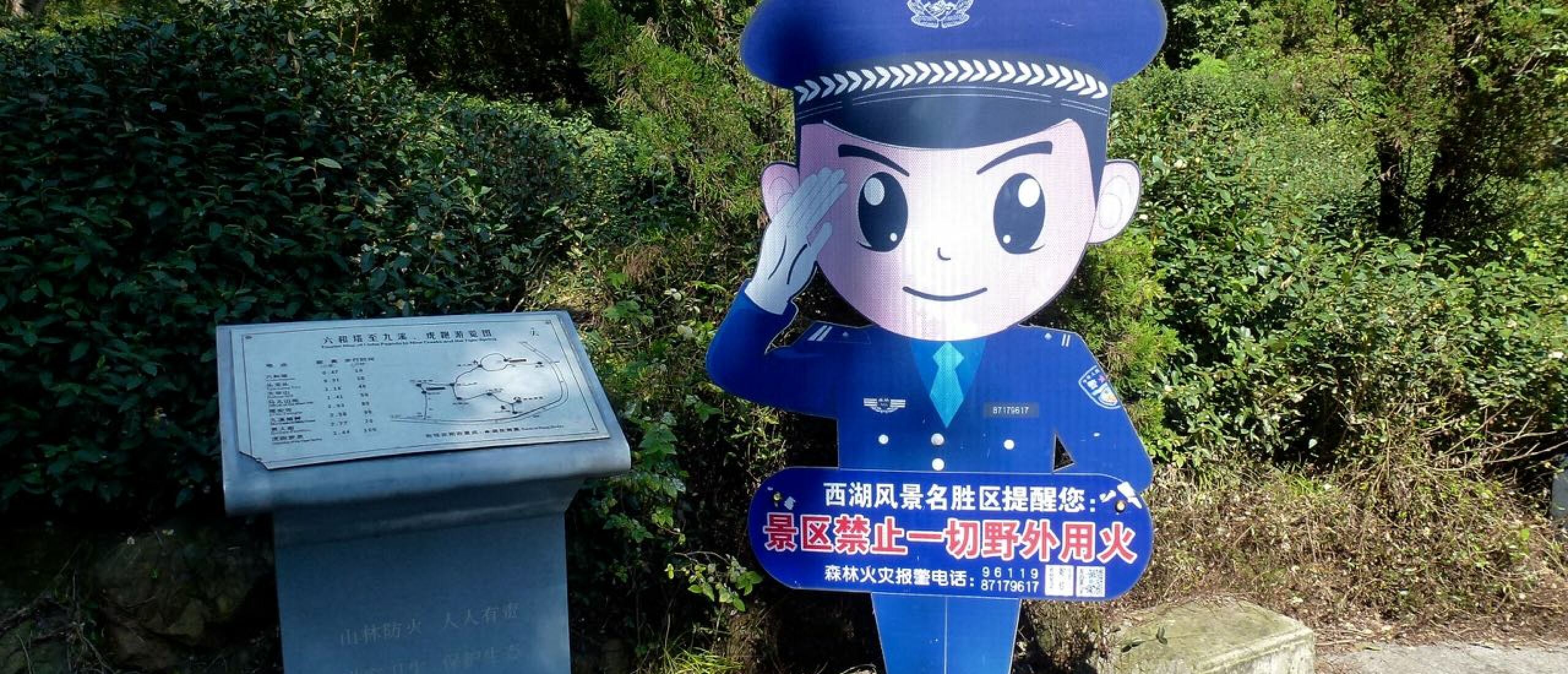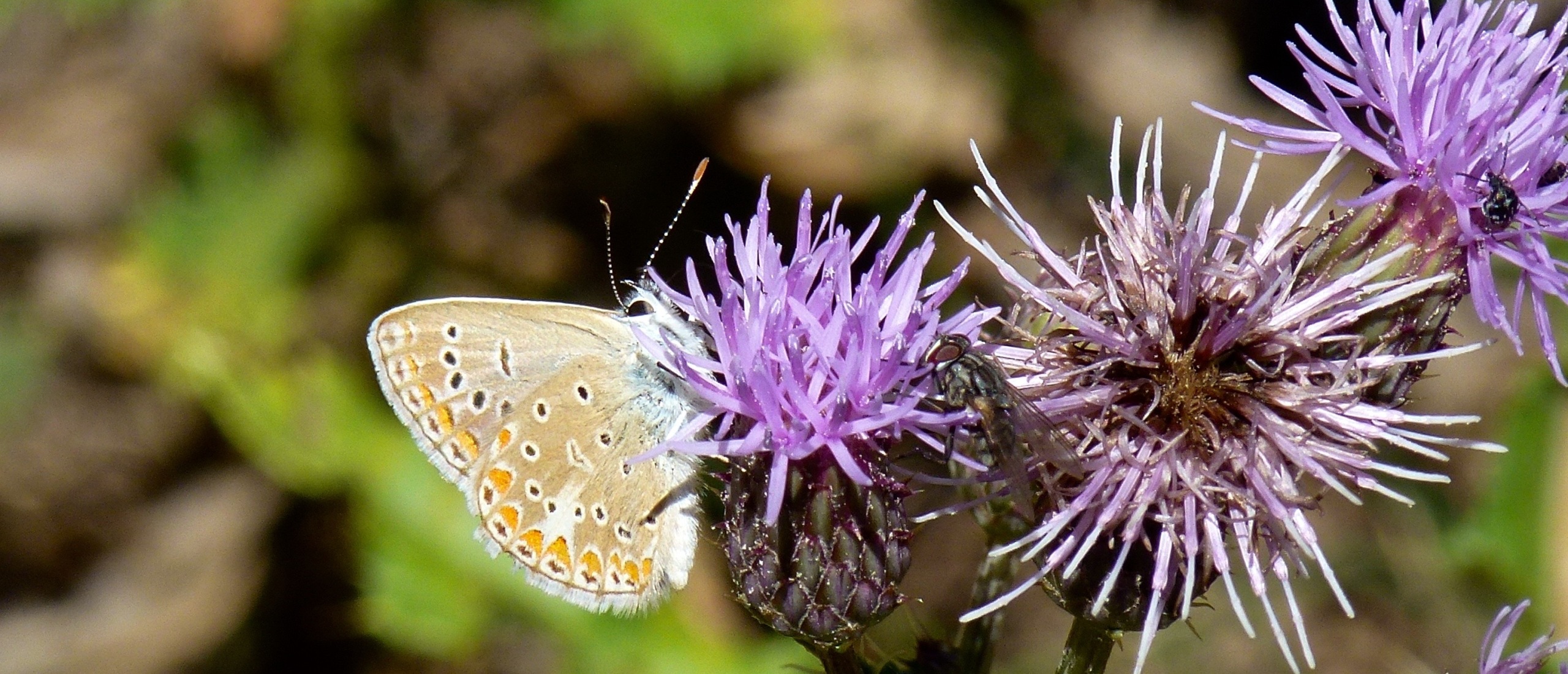
An extraordinary and unpleasant experience had by my great grandfather G C Champion and his great entomologist friend T A Chapman in northern Spain in 1906 My blog has been quiet of late, but a recent visit to Spain, during which I saw the butterfly Chapman’s Blue, Polyommatus thersites, inspired me to write a piece about a visit made by my great grandfather G C Champion and his great friend Dr. T A Chapman to northern Spain in 1906. During that journey, while hunting for insects in a remote part of northwestern Spain, the two of them had an unpleasant experience based on a delusion. Chapman’s Blue, named after T A Chapman, is similar to the Common Blue, Polyommatus icarus, except for the fact that it is lacking two small black spots near the base of the forewing.
At El Barco we had an experience that was quite new to us in Spain, one which though not altogether pleasant, was of considerable interest entomologically, anthropologically and probably in several other directions. We made a short excursion on the afternoon of our arrival and on the next day tried a rather longer one to the river at the top of a side valley, with very similar country to that which we afterwards more fully examined some 20 miles off (as the crow flies) at Casayo. We thought several of the people we met were less civil and friendly than had been our universal experience previously, and at our evening meal one of the other guests asked us pointedly as to how we found the people disposed towards us. This seemed a very curious and unusual question, but that evening and the following day we had no difficulty in ascertaining from our landlord and from visitors at the inn what was alluded to, a remarkable delusion of a great majority of the inhabitants, a delusion of whose existence we had abundant evidence in the virulent abuse one lady bestowed on Mr. Champion on our excursion the next morning, which we purposely made a short one, and which was elucidated and explained to us in detail by Mr. Edward Jones, an English gentleman long settled in El Barco, of whose kindness to us we have the most genial recollections, as well as by his brother, Mr. H Jones, whom we remember with pleasure. It appears that 25 to 30 years ago, the Phylloxera reached El Barco and caused widespread damage among the vine-growers, more or less the whole population. Incidentally, it may be noted that Mr. E Jones was one of the largest of these and that he made further sacrifices as a pioneer in ascertaining what remedies were available, and introducing American vine stocks and otherwise restoring the vine culture of the district to prosperity. The natives, it appears, were convinced that the Phylloxera had been willfully introduced by some Frenchmen with a view to their ruin, and to destroy Spanish competition in the wine trade. No doubt we did not hear all the history of this delusion, and what we did hear was too long to repeat here. The delusion was, however, very firmly established, and persists strongly to the present time. About 10 years ago, some Italian workmen in search of employment passed through the district, and were taken by the natives to be Frenchmen [all foreigners are supposed to be Frenchmen] with a similar sinister exploit in view, and several of them were beaten and one or two seriously injured. Our position in their view was that we also were Frenchmen come to El Barco with an identical purpose, an idea possibly suggested, certainly confirmed, by our manipulation of nets, satchels, pill-boxes, etc. As vineyards were everywhere, except on the high ground, it seemed self-evident that we took out of our satchels Phylloxera spawn and by means of our nets scattered it broadcast over the country. It must be remembered that our real objects are wholly incomprehensible to the country people, and even when, as we have always before found them, most friendly and polite, it was always clear that they regarded our accounts of our proceedings as being obviously insincere. Their usual belief was that we were gathering materials for some potent and valuable medicine, at other times they seemed to think that we were mining engineers unwilling to avow our explorations. Unfortunately, at El Barco, another explanation fell in at once with their prejudices, and there was no doubt much sincerity in the threats of what would happen to us, that we heard of a man going so far as to say he would certainly use a gun if he found us near his vines. Our informants, being more educated, regarded these popular views as nonsense, but had no doubt they were strongly held, and would be acted on by the small cultivators. Others of the peasant class with whom we talked clearly held the popular view, and found their innate politeness under an extreme strain when desiring to show their belief in our honesty. A very curious point was, that within 36 hours of our arrival not only were these opinions of us adopted, but everybody apparently for miles around was aware of our presence, and knew, and I fear usually accepted, this extraordinary view of the object of our visit. We could no doubt have claimed official protection and got some persons to go with us as guards, but as the immediate locality was not attractive, and the friendly bearing towards us of the inhabitants was always an indisputable item in our enjoyment of our excursions in Spain, we decided to move on at once, proceeding to Casayo.
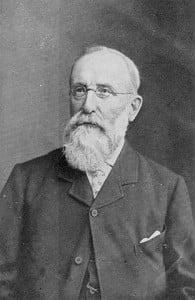 T A Chapman, my great grandfather's entomologist friend and travel companion
T A Chapman, my great grandfather's entomologist friend and travel companion




